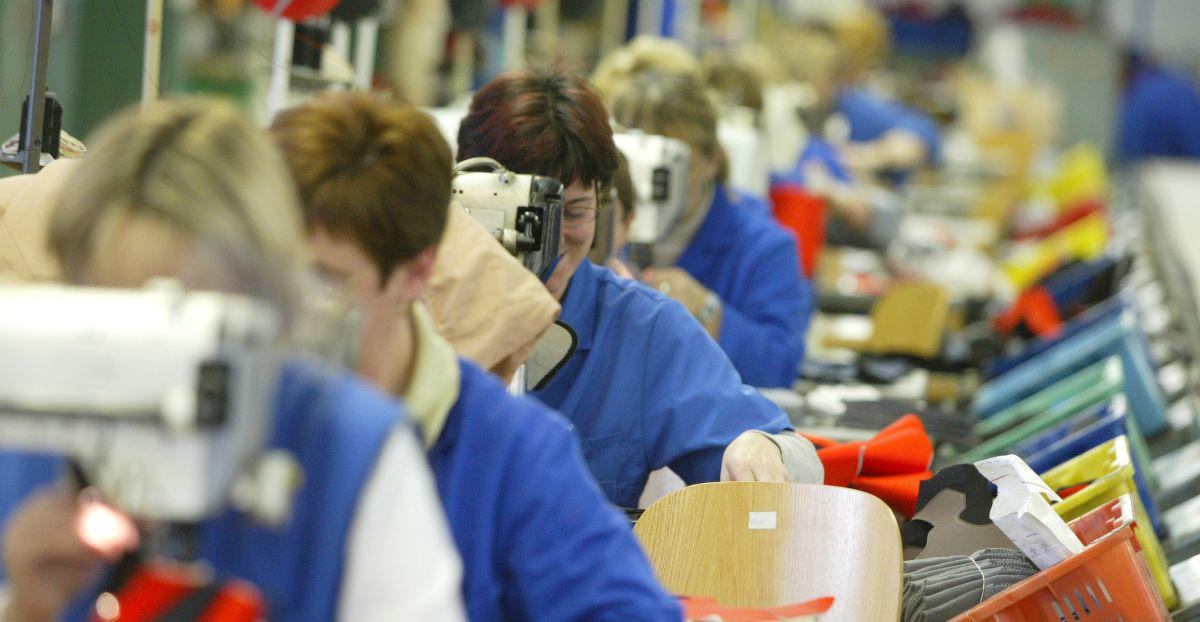
The German Statistical office presented data on labour cost in the countries of the European Union, according to which the labour cost in Germany is by one third above the European Union average. Last year one hour of labour for one employee in the private sector cost in average an employer 23.7 EUR, and in eurozone 28.7 EUR. The cost in Slovenia was considerably lower, i.e. 14.30 EUR.
The highest labour cost in the Union has Sweden with 43 EURO, in Belgium the cost amounts to 41.2, in Denmark 39.8, and in France 35 EUR, to give some examples. The cost in Slovenia was 14.3 EUR, and compared to the last year the cost decreased by a good percent. Among the German neighbours the lowest labour cost has Poland with 7.4 EUR per hour, and the lowest in the European Union have Lithuania, Latvia, with Romania (4.7 EUR per hour), and Bulgaria (3.7 EUR per hour) at the end of the line.
Each employer in Germany has to pay 27 EUR of other expenses, contributions, or taxes per 100 EUR of gross earnings. Here as well Sweden took the leading position – per 100 EUR of gross earnings 51 EUR of contributions and taxes on labour must be paid, and in the rear remains Malta with 10 EUR. Slovenia with 16 EUR for taxes and contributions per 100 EUR is below the average which in the Union amounts 31 EUR, and in eurozone 35 EUR.
Slovenian entrepreneurs claim the data does not reflect the actual situation
Slovenian entrepreneurs gave their comment to the newest data released by the German statistic office: "I wonder about the parameters they used – I think they are comparing gross salaries," says Marjan Trobiš, President of the board of directors of Boxmark. They are not taking into consideration lunch break, transport to and from the place of residence, seniority bonus. And it should be considered that in Slovenia we work 7 hours and a half per day, not 8 hours. So what is their cost for qualified personnel in industry? "When calculated by 100 EUR of salary, we come close to 30 percent, i.e. close to 30 EUR."
Twice as high is the cost for highly qualified workers. Alojz Selišnik, director of a small woodworking company, disagrees with the mentioned 14 EUR. Our cost for a labourer is at least 25 EUR per hour. But high taxes are the heaviest burden for our employers, claims Trobiš: "In Slovenia we are paying taxes larger than average, and the taxation can even reach 55 to 60%. The state should be horrified by this, and consider the consequences."
Selišnik shares the same opinion – the highest taxation of gross salaries should not exceed 25%. A part of the difference from the present, and the suggested taxation, should be invested into development of companies, and a part into higher net salaries. "Labourers should get higher net salaries, as a higher net sum would be reinvested into market through higher VAT, there would be more investments, their creditworthiness would be better, and the level of general satisfaction higher. It would be the correct solution for Slovenia, and not maximal rights through state, and minimal wages – which is stupid."
He adds that we should work for whole 8 hours – presently we are still too expensive, and not productive enough.
Boštjan Anžin (Berlin), Urška Valjavec; Radio Slovenija

































































